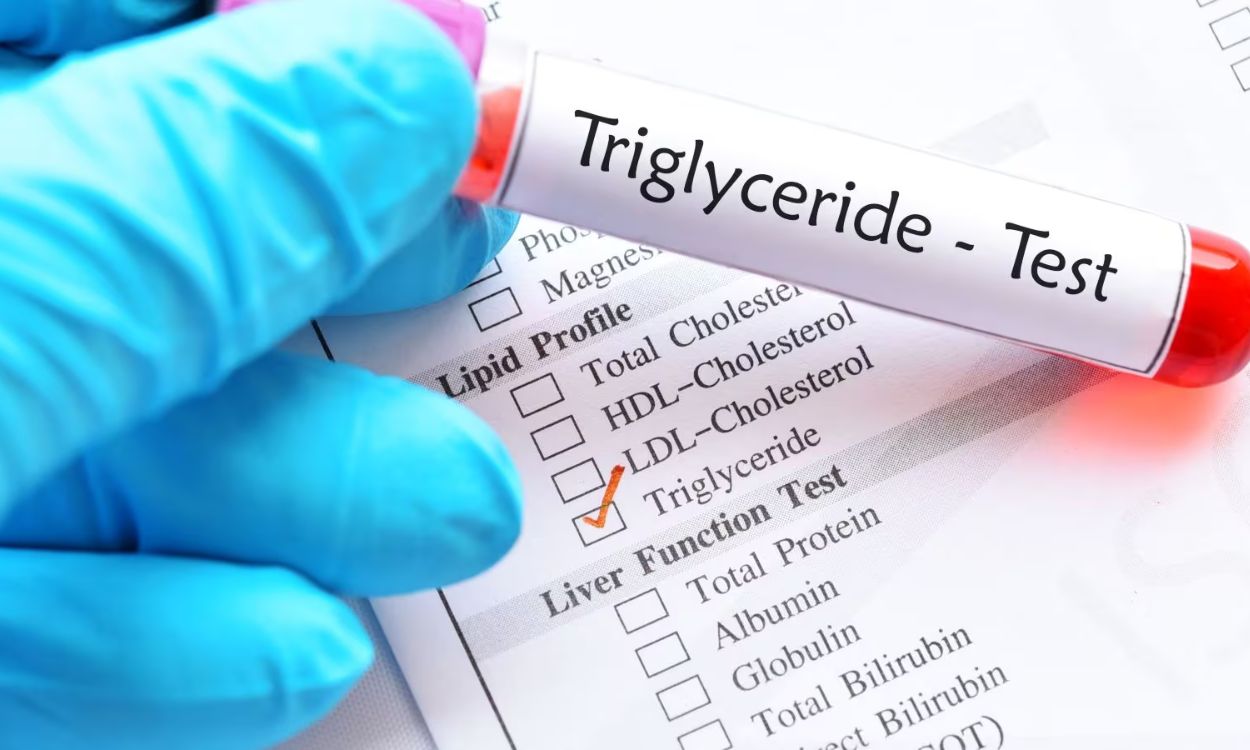Managing Triglyceride Levels for Heart Health: A Comprehensive Guide
Introduction:
Heart disease is a leading cause of death in India, and high triglyceride levels are a major risk factor for heart disease. Triglycerides are a type of fat found in the blood, and high levels can lead to the buildup of plaque in the arteries, increasing the risk of heart attack and stroke. However, with the right lifestyle changes and management strategies, it is possible to lower triglyceride levels and improve heart health. In this article, we will provide a comprehensive guide on how to manage triglyceride levels for heart health.
Understanding Triglycerides:
Triglycerides are a type of fat that the body uses for energy. They are produced by the liver and also come from the food we eat. When we consume more calories than we need, the excess calories are converted into triglycerides and stored in fat cells. High levels of triglycerides in the blood can be caused by several factors, including a diet high in saturated and trans fats, being overweight or obese, physical inactivity, smoking, excessive alcohol consumption, and certain medical conditions such as diabetes and hypothyroidism.
Managing Triglyceride Levels:
1. Diet: A healthy diet is essential for managing triglyceride levels. It is recommended to limit the intake of saturated and trans fats, and instead, focus on consuming healthy fats such as omega-3 fatty acids found in fatty fish, nuts, and seeds. A diet rich in fruits, vegetables, whole grains, and lean protein sources can also help lower triglyceride levels.
2. Exercise: Regular physical activity can help lower triglyceride levels by increasing the body’s ability to use triglycerides for energy. Aim for at least 30 minutes of moderate-intensity exercise most days of the week.
3. Weight Management: Being overweight or obese can increase triglyceride levels. Losing weight through a healthy diet and regular exercise can help lower triglyceride levels.
4. Quit Smoking: Smoking can increase triglyceride levels and damage the heart and blood vessels. Quitting smoking can help improve heart health and lower triglyceride levels.
5. Limit Alcohol Consumption: Excessive alcohol consumption can increase triglyceride levels. It is recommended to limit alcohol intake to no more than one drink per day for women and two drinks per day for men.
6. Medications: In some cases, medications may be prescribed to help lower triglyceride levels. These may include statins, fibrates, niacin, and omega-3 fatty acid supplements.
Fitpaa and Triglyceride Management:
Fitpaa’s personalized approach to health and fitness can help individuals manage their triglyceride levels and improve heart health. The Fitpaa Capsule, which includes medical therapy, medical exercise therapy, medical nutrition therapy, and cognitive behavior therapy, is designed to optimize metabolism and help individuals achieve their health and fitness goals with a 100 percent guarantee. Fitpaa’s real-time guidance technology can also help individuals stay on track with their fitness plan and make necessary adjustments to manage triglyceride levels.
Conclusion:
Managing triglyceride levels is essential for heart health. By making lifestyle changes such as following a healthy diet, exercising regularly, maintaining a healthy weight, quitting smoking, limiting alcohol consumption, and taking medications if necessary, individuals can lower their triglyceride levels and reduce their risk of heart disease. Fitpaa’s personalized approach to health and fitness can also help individuals manage their triglyceride levels and achieve their health and fitness goals. Download the Fitpaa app today to start your journey towards a healthier you.











